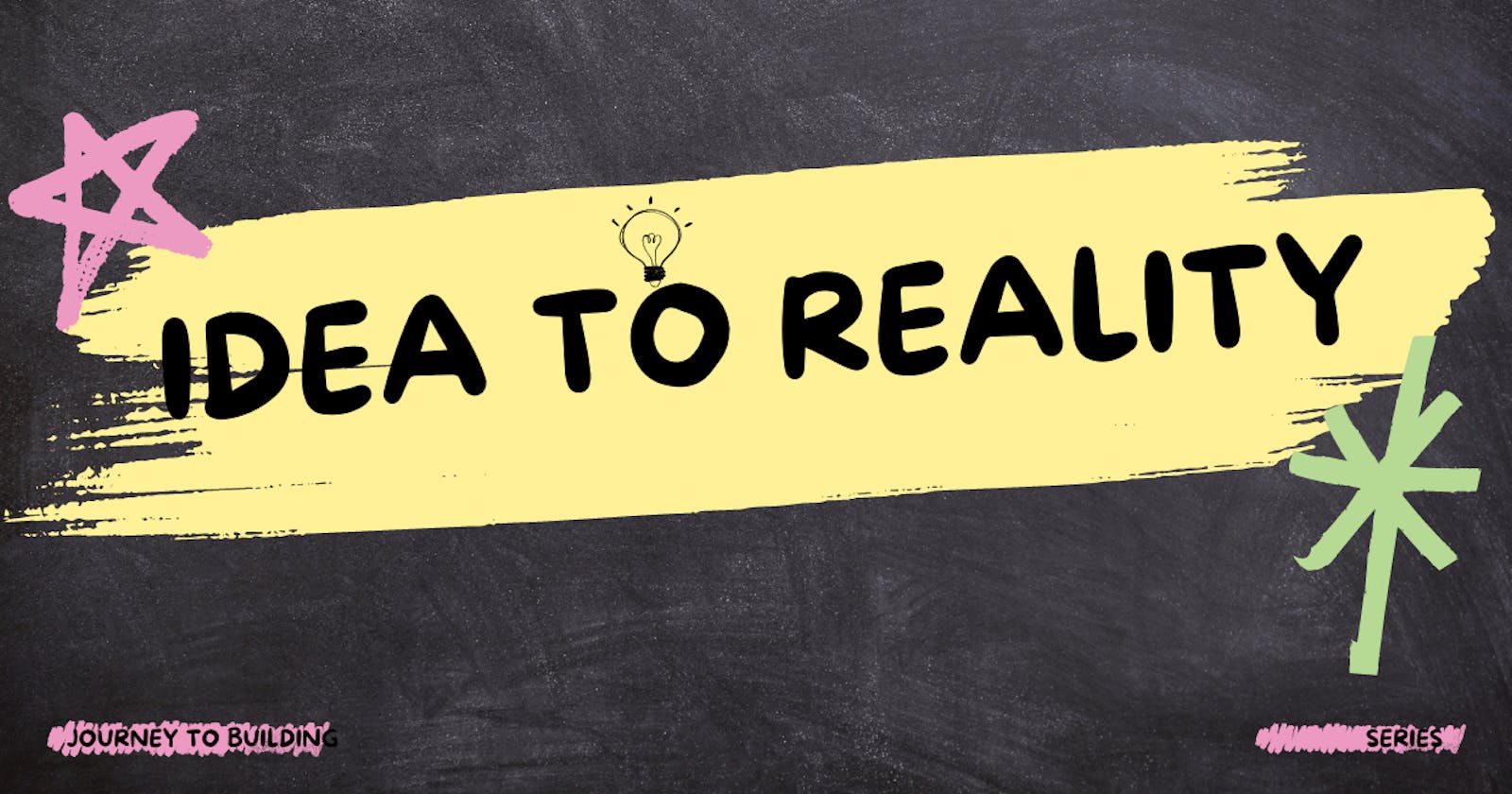From Idea to Reality: How I’m building an online marketplace using python
I decided to start writing a series on how I use technology to approach and solve various problems. To be more precise, I will start releasing open-minded series about how I am utilizing Python and Django to create an online marketplace. I have been using Python to perform various things and automate processes, but I thought should produce a product that people can truly use to improve their business. This particular project excites me because I have not done this before. I am hoping that this series would enable novices and others—I am not sure if experts will benefit, lol—to learn from my experiences about how to make ideas into reality.
Programming languages, frameworks, courses, and other topics have received a lot of attention, but there have been very few open discussions on the hard job of turning ideas into products and resolving issues.
Since this is the introduction series, let me briefly discuss creating valuable products. According to Steve Jobs, great ideas do not always result in great products. This is it; some business owners mistakenly believe that 90% of the work is finished once you have a brilliant idea, but this is frequently not the case. I believe that having a great idea is only 10% of the labor involved; the other 90% is spent turning the idea into a product that consumers will truly value and be ready to pay for. It entails finding the right people to work with, building a good business model, leveraging existing technologies, understanding customers’ needs, and other things.
This 90% accounts for the product's profitability and relevance. For instance, let us consider how the business model affects a great idea. I can not think of a better example than Twitter.

When I first saw a new icon on my screen, I was confused and almost uninstalled it because I mistakenly believed it to be a malicious app that I had not installed( it's not related, I just wanted to mention I saw the new icon, lol).
Elon Musk has recently experimented with several features. Twitter is without a doubt an excellent technology; it has assisted millions in establishing online enterprises, and I enjoy using it every day. However, Elon has recently made some not-so-great decisions, at least from my perspective, which may not really matter because I am only a consumer. Something does not seem right about Elon's decision because Facebook, Instagram, and TikTok are all ostensibly "free," but in reality, they sell users to advertisers to make money, So why do you think users should still pay when we are the "product"? This question alone will cause a lot of discussion. Many users and businesses disagreed with this notion, which is just one illustration of how you can have great technology but still have a poor business model.
So I digress, but after having a great idea, the next step is to develop a business model. The goal of this project is to create an online marketplace where buyers and sellers can transact. You can register your small business or shop and allow customers to place orders through it, and the e-commerce website will host a variety of vendors who will be selling goods to customers. This approach is used by many e-commerce websites, like Jumia, etsy, Shopify, magneto, and many more, and I believe it is a solid foundation upon which to build.
Although I will be technical most of the time, this series is not intended to be a tutorial. Instead, I want to share my journey with you, so you might find me discussing how I initially solved a problem or how I used Google to research some topics.
What could be more fascinating than reading about a creative person's real-life experiences?
From Idea to Reality - introduction
say hi to me on Twitter @Sammie_savvie
